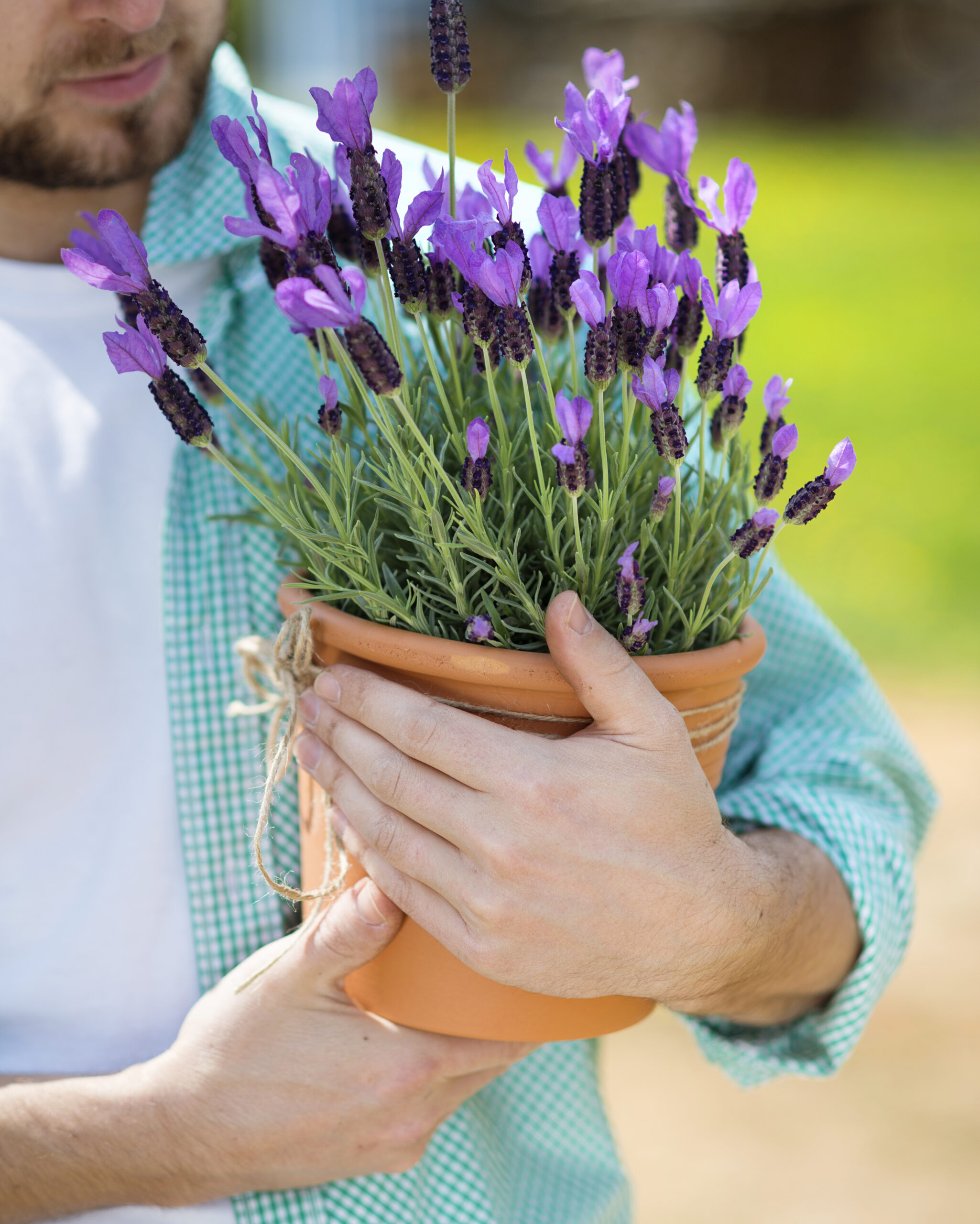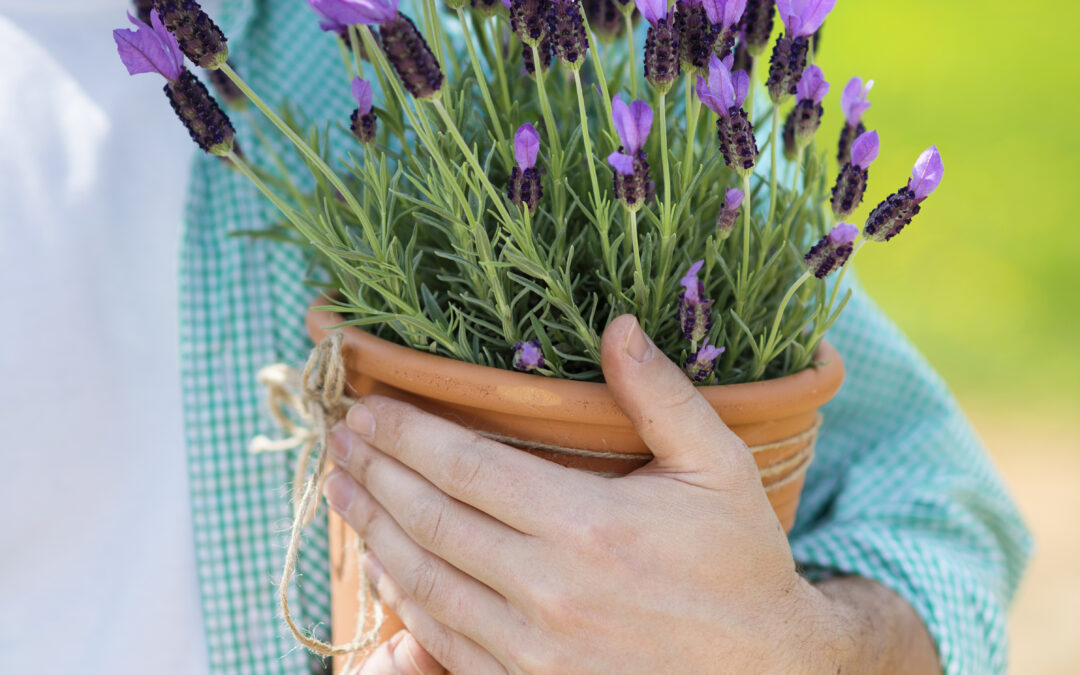Medicinal gardening is becoming increasingly popular as people look for ways to live healthier lives. By growing your own herbs and spices, you can have access to fresh, natural ingredients that are free from pesticides and other chemicals. In this blog post, we’ll explore how to create a medicinal garden in your backyard.
Choosing the Right Herbs and Spices for Your Garden
The first step in creating a medicinal garden is choosing the right herbs and spices to grow. Some common options include basil, chamomile, lavender, ginger, turmeric, and mint. Consider which herbs and spices you use most often in cooking or medicine, and choose varieties that are well-suited to your climate and soil conditions.
Preparing Your Soil and Planting Your Seeds
Once you’ve chosen your herbs and spices, it’s time to prepare your soil. Most herbs and spices prefer well-draining soil with good aeration. You may need to amend your soil with compost or other organic matter to achieve these conditions.

To plant your seeds, follow the instructions on the seed packet. Generally, you’ll want to sow them shallowly and keep the soil moist until they germinate. After that, you can reduce watering frequency but continue to monitor your plants closely.
Caring for Your Plants and Harvesting Your Crops
As your herbs and spices begin to grow, you’ll need to care for them regularly. This includes pruning, fertilizing, and controlling pests and diseases. Different herbs and spices require different levels of attention, so be sure to research each variety carefully before beginning.
When it comes time to harvest your crops, take care not to overharvest. Many herbs and spices benefit from being cut back frequently, allowing new growth to emerge. Additionally, some herbs and spices taste better when harvested at specific stages of maturity.
Using Your Homegrown Herbs and Spices in Cooking and Medicine
One of the best parts about growing your own herbs and spices is using them in cooking and medicine. You can add fresh herbs like basil and cilantro to salads and sauces, while dried herbs like thyme and rosemary work well in marinades and rubs. For medicinal purposes, many herbs and spices can be used to make teas or tinctures. Turmeric, for example, has anti-inflammatory properties that make it useful for treating arthritis and other inflammation-related conditions.
Conclusion: The Benefits of Growing Your Own Herbs and Spices
In conclusion, growing your own herbs and spices offers numerous benefits. Not only do you get access to fresh, high-quality ingredients, but you also gain control over what goes into your food and medicine. With careful planning and maintenance, you can create a beautiful and productive medicinal garden in your backyard.





